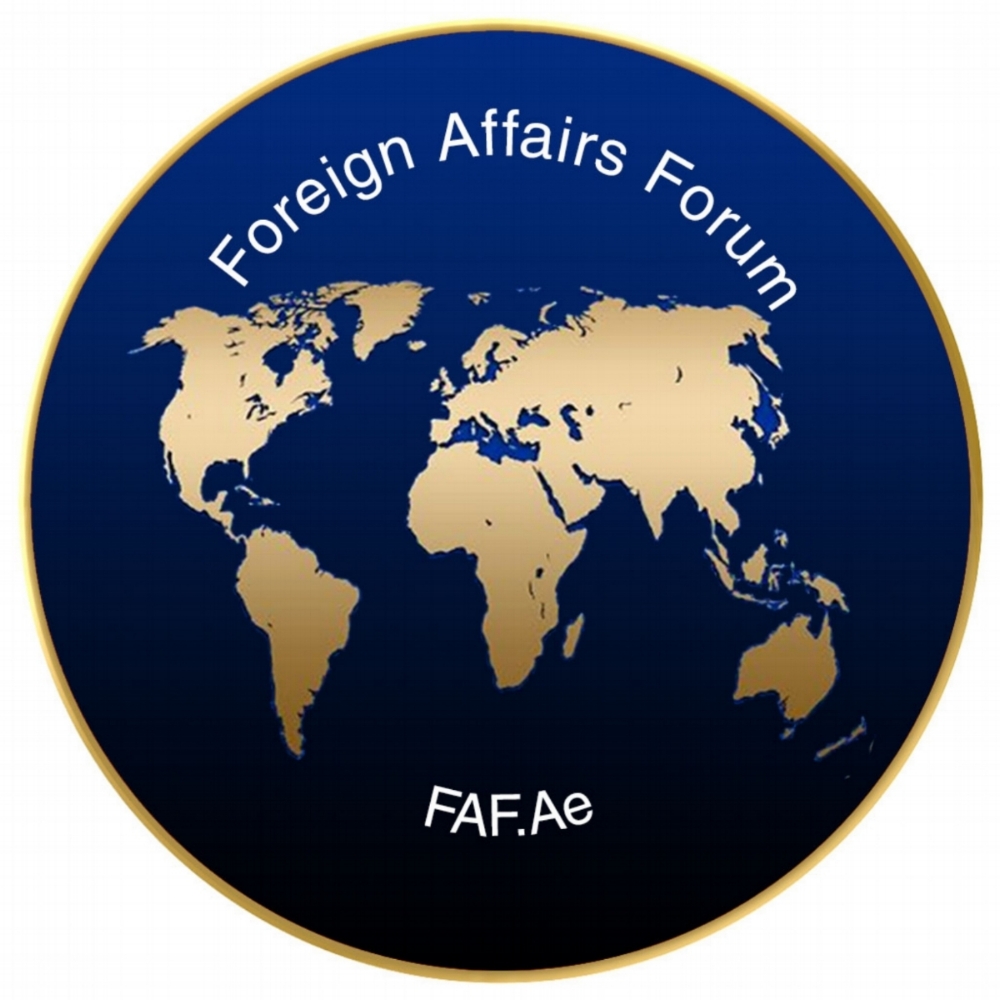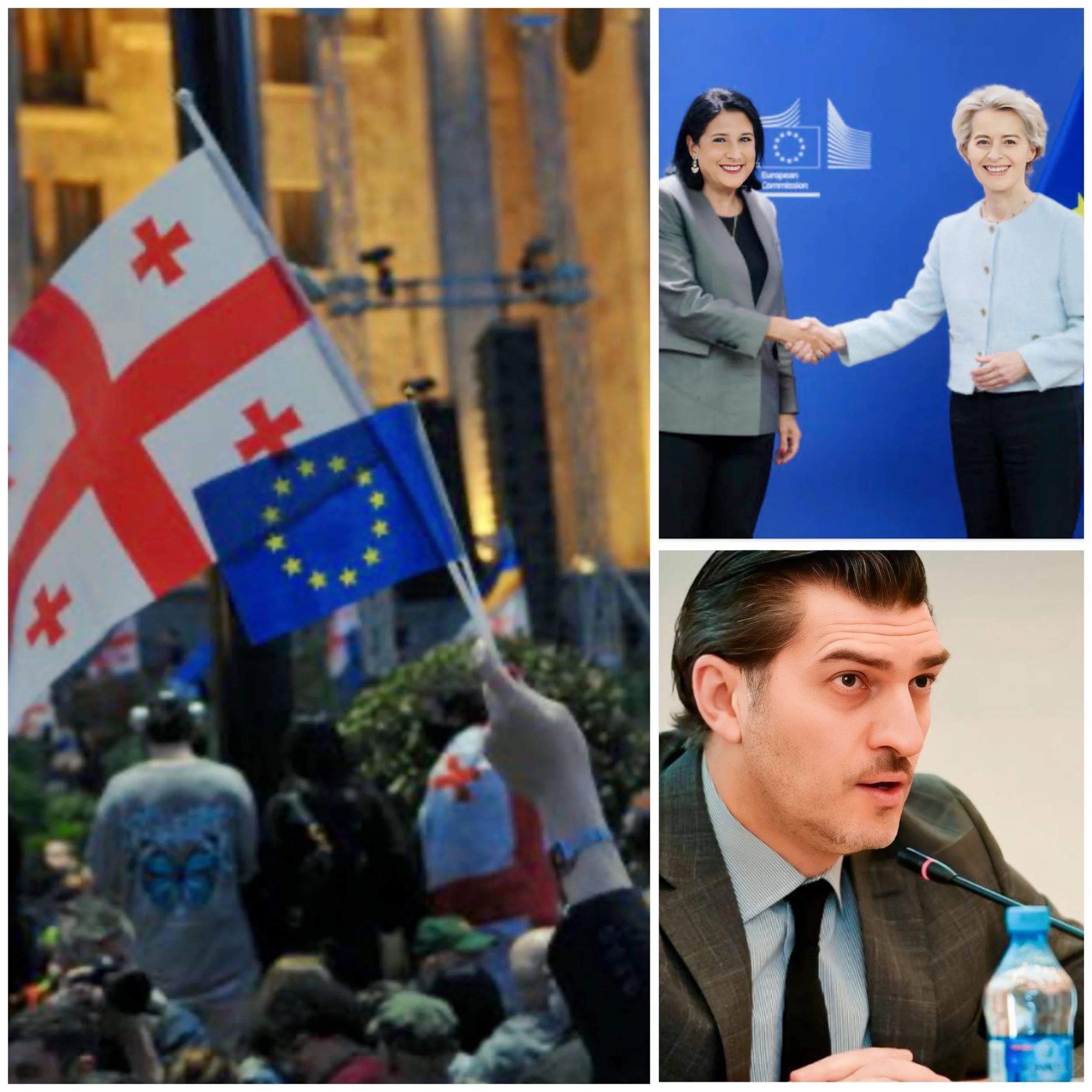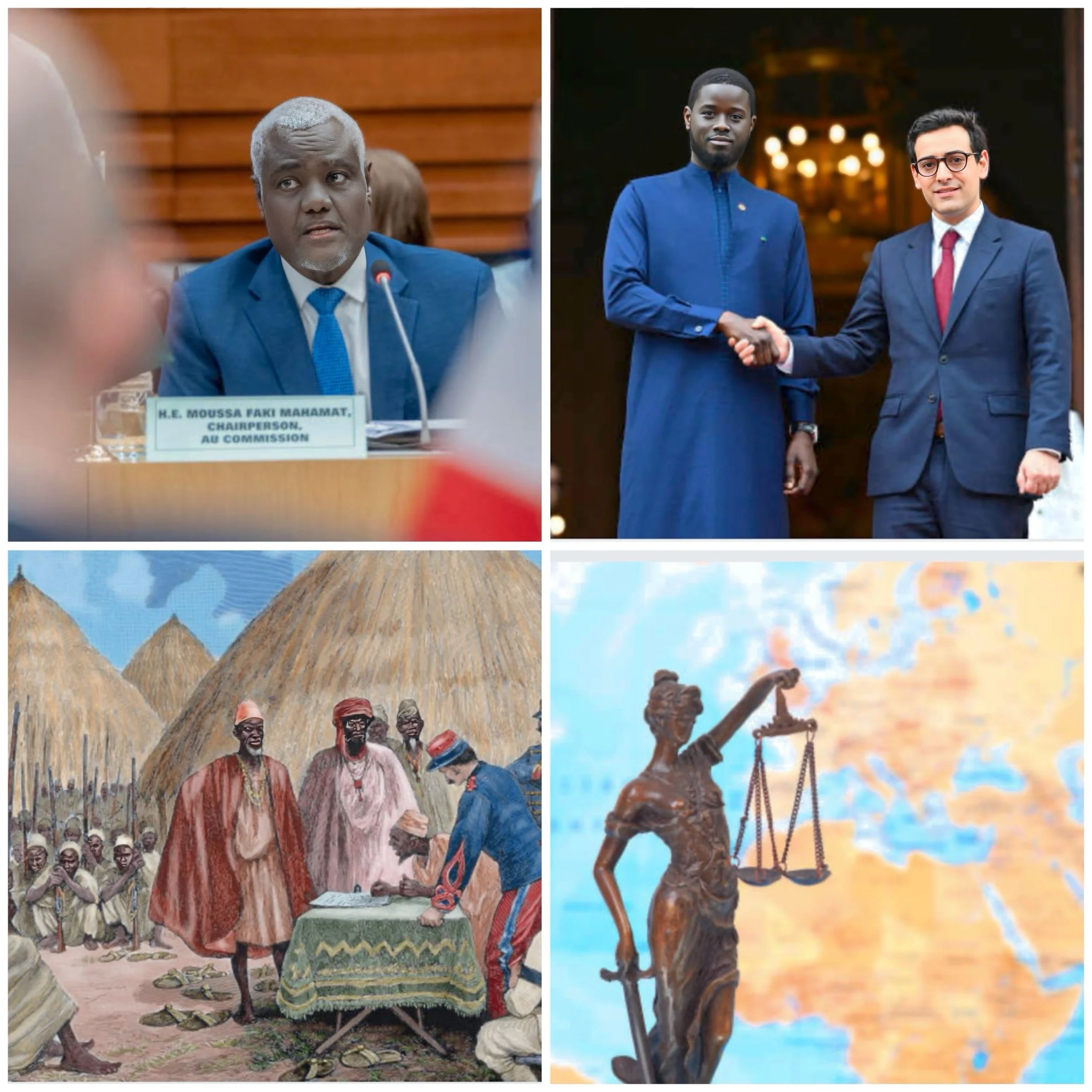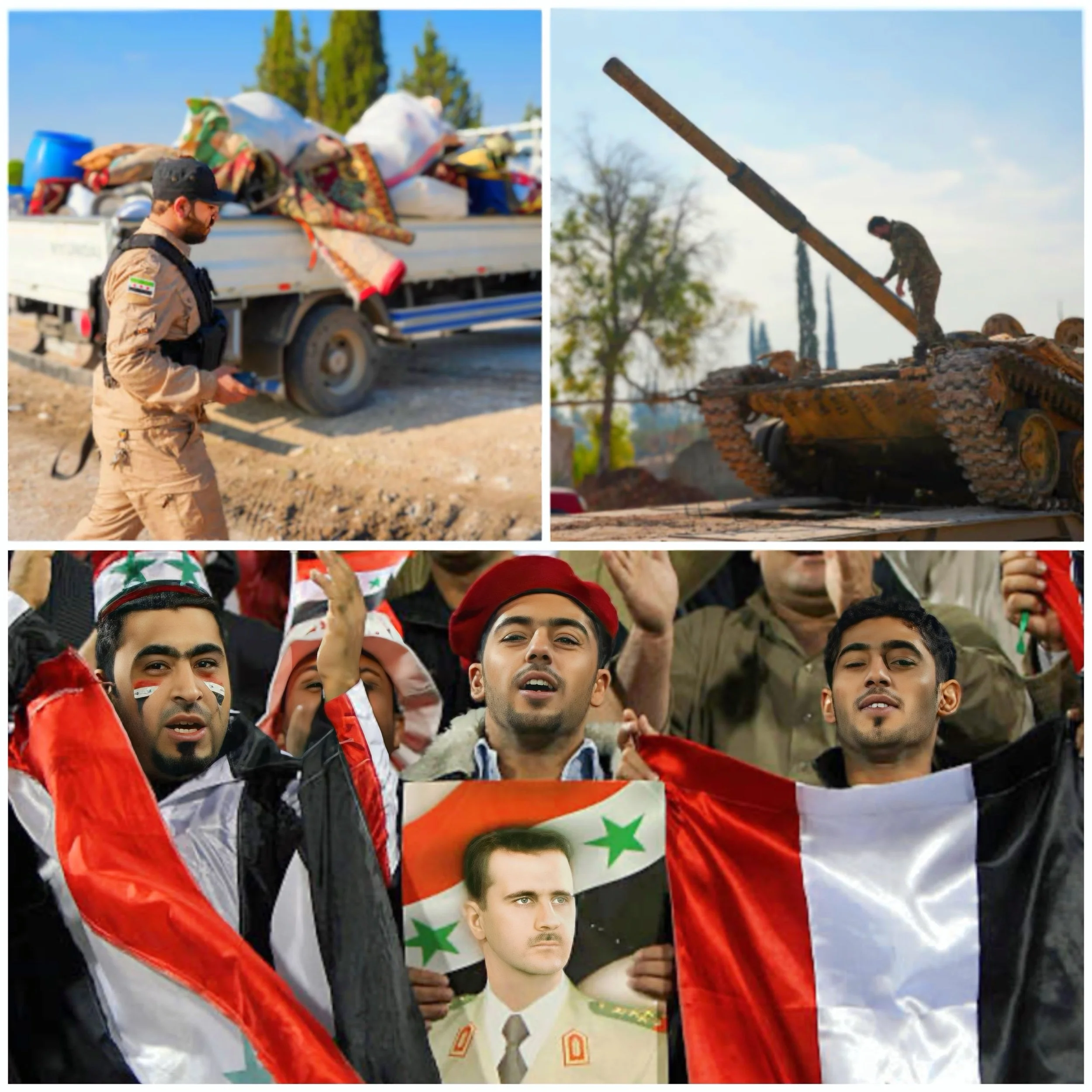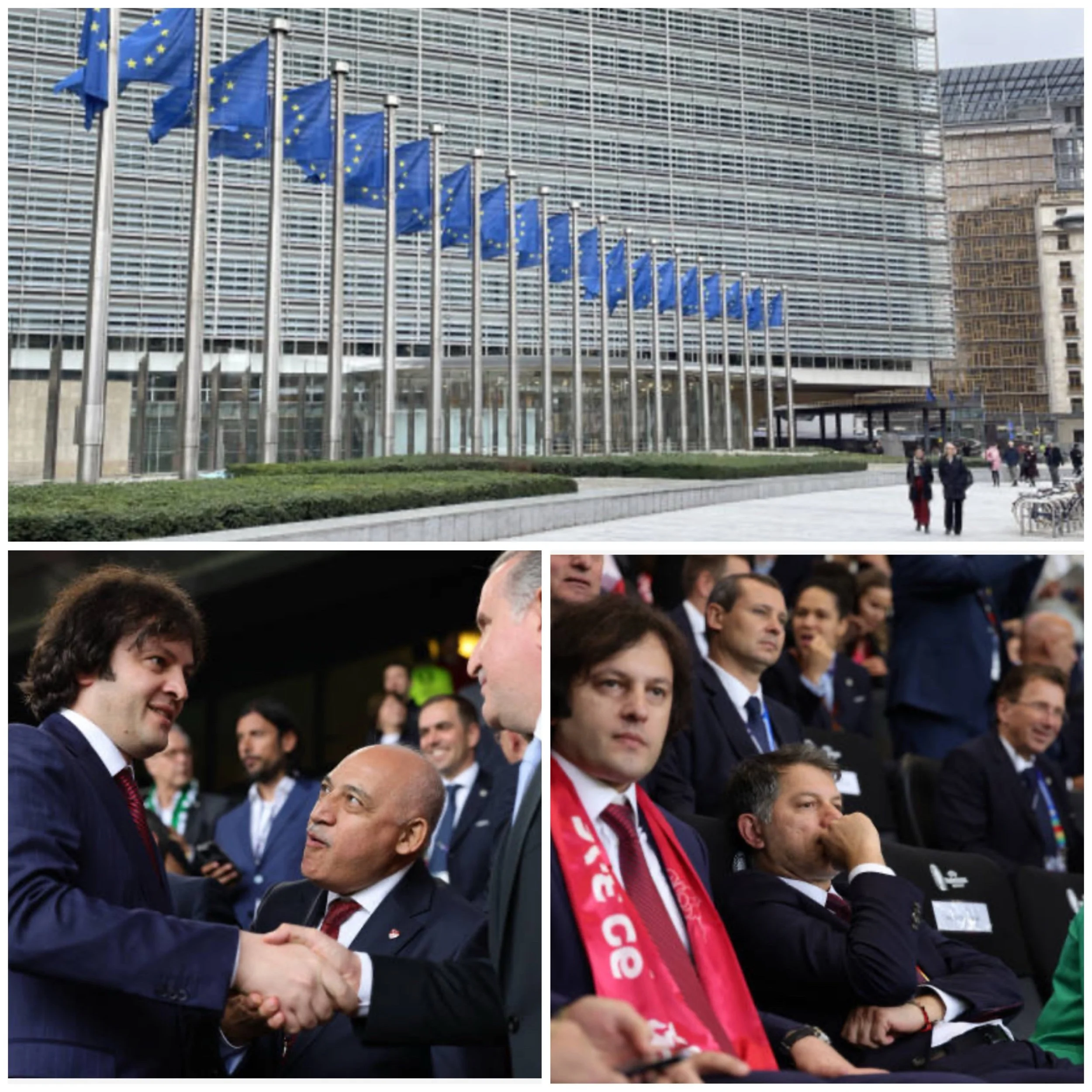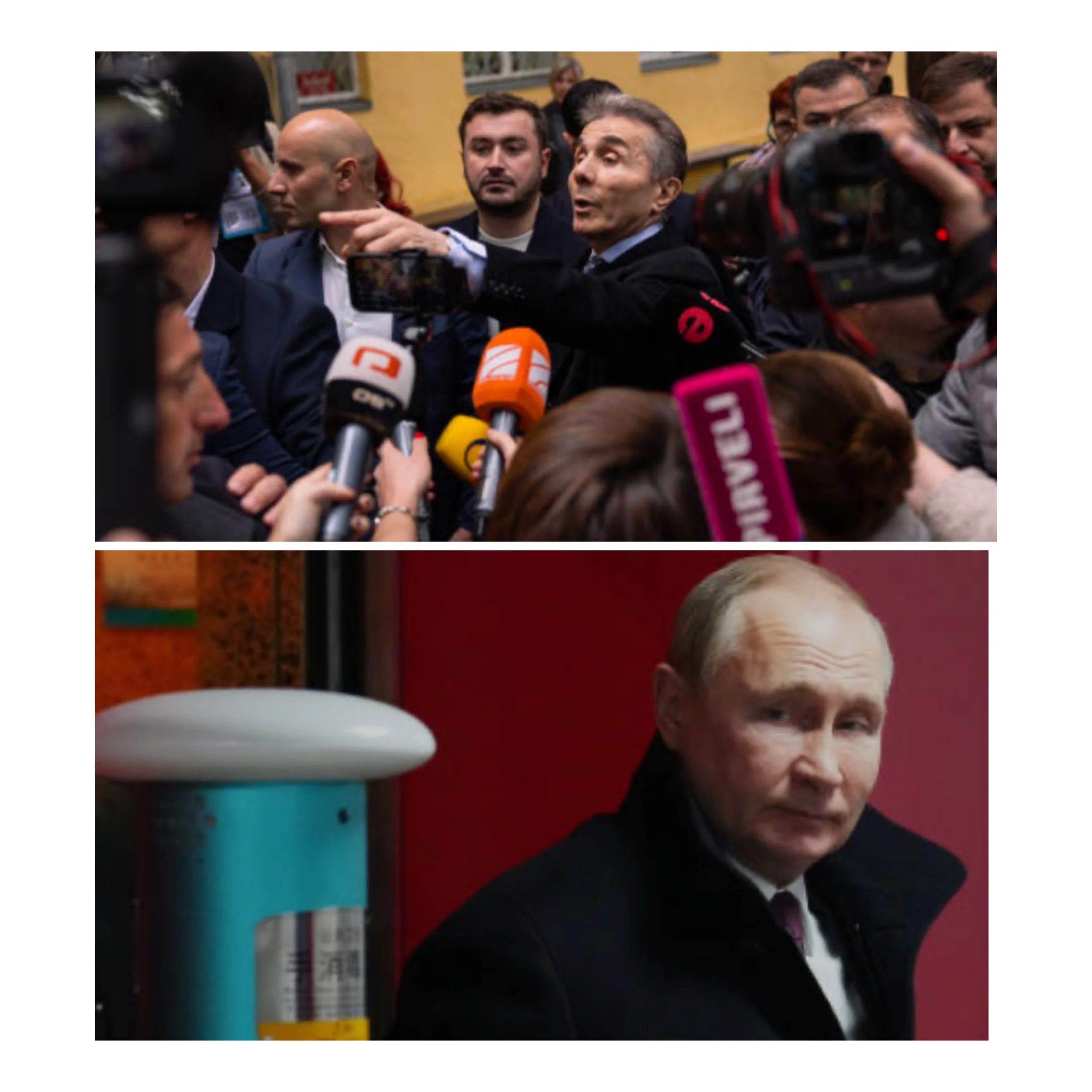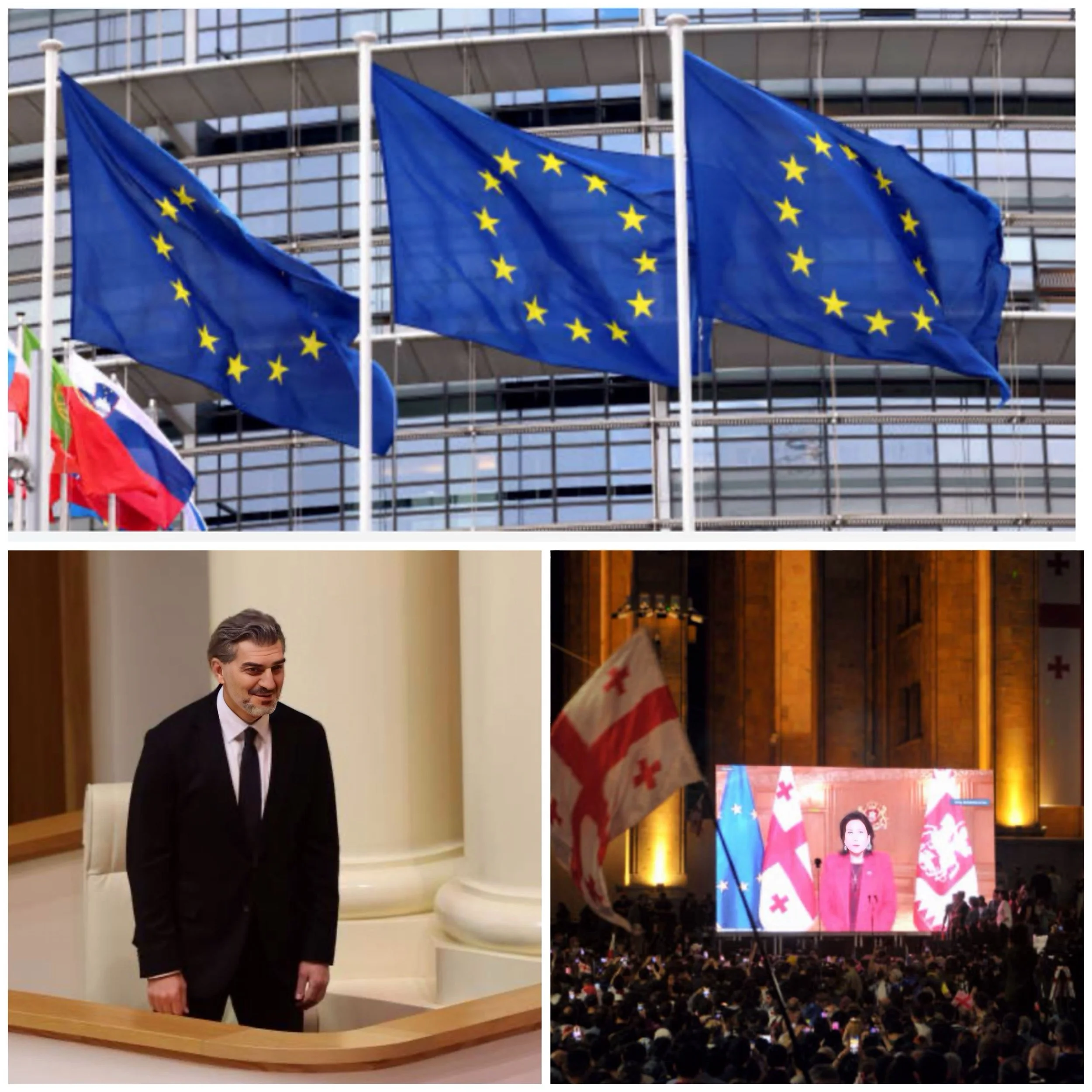What is problem in Georgia election? New candidate is Pro-Russian?
Introduction
Georgia is currently experiencing significant political unrest following the government’s decision to suspend its European Union (EU) accession talks until 2028. Prime Minister Irakli Kobakhidze cited “blackmail and manipulation” by Brussels as the reason for this suspension.
Current situation
This move has ignited widespread protests across the country, with thousands gathering in Tbilisi and other cities to express their dissatisfaction. The demonstrations have escalated into violent clashes between protesters and police, resulting in numerous injuries and over 100 arrests.
Suspension of EU
The suspension of EU talks has also deepened political divisions within Georgia. President Salome Zourabichvili has condemned the government’s decision, describing it as a “coup” and aligning the country closer to Russia. She has joined the protesters and called for police restraint. In contrast, Prime Minister Kobakhidze has accused foreign influences of attempting to destabilize the nation and has pledged not to allow a revolution.
The recent parliamentary elections have further fueled the crisis. The ruling Georgian Dream party claimed victory with 54% of the vote, but the opposition and international observers have reported significant irregularities, including allegations of Russian interference.
Bycott of new parliament
The European Parliament has called for new elections, and opposition lawmakers are boycotting the new parliament. President Zourabichvili has declared the election results unconstitutional and is seeking their annulment.
Amidst this turmoil, the Georgian Dream party has nominated Mikheil Kavelashvili, a former footballer known for his Eurosceptic and anti-Western views, as its presidential candidate.
This nomination has raised concerns about Georgia’s future direction and its relationship with both the EU and Russia.
Conclusion
Georgia is facing a multifaceted political crisis characterized by the suspension of EU accession talks, widespread protests, contested election results, and deepening political divisions. The situation remains volatile, with ongoing demonstrations and a complex interplay of domestic and international factors influencing the country’s trajectory.
